Can You Smoke Before an Endoscopy? If you’re a smoker, you may be concerned about whether you need to pause smoking and how to handle nicotine cravings before your appointment.
Understanding how smoking might affect your endoscopy—and your overall procedure experience—is important for both your comfort and safety. This article breaks down what you need to know about smoking before an endoscopy, the medical recommendations, and practical steps if you’re a smoker facing this common diagnostic procedure.
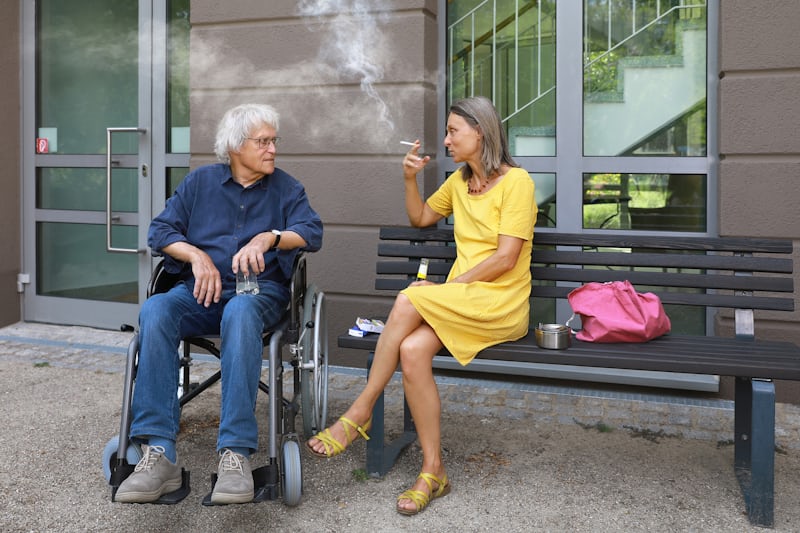
Table of Contents
Understanding Endoscopy Procedures: What to Expect
An endoscopy is a medical procedure that allows doctors to examine the inside of your body using a flexible tube with a light and camera attached (called an endoscope). During this procedure, your doctor can view images of your digestive tract on a screen.
There are several types of endoscopies, including:
- Upper endoscopy: Examines your esophagus, stomach, and the first part of your small intestine
- Colonoscopy: Examines your large intestine (colon)
- Bronchoscopy: Examines your lungs and air passages
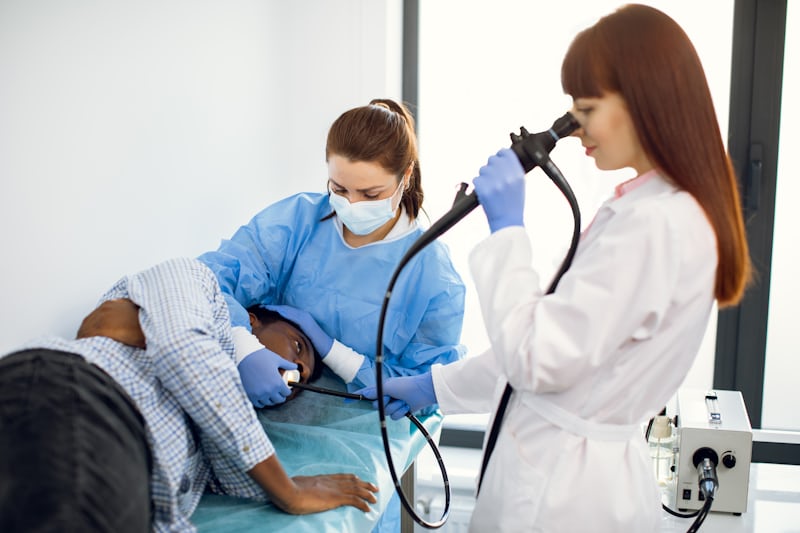
Before an endoscopy, you’ll typically need to follow specific preparation instructions. These usually include:
- Fasting from food and drinks for 6-8 hours before the procedure
- Adjusting certain medications as directed by your doctor
- Arranging for someone to drive you home afterward if sedation will be used
Most endoscopies are performed under sedation to help you relax and minimize discomfort. While you won’t be completely unconscious, you’ll likely feel drowsy and may not remember much of the procedure. The entire process usually takes 15-30 minutes, though you’ll need additional time for preparation and recovery. Many patients are surprised by how quick and relatively comfortable modern endoscopy procedures can be when properly prepared. Your doctor’s specific pre-procedure instructions are designed to ensure both your safety and the effectiveness of the examination. Following these guidelines carefully, including any directions about smoking, helps ensure the best possible outcomes from your endoscopy.
Why Doctors Restrict Smoking Before Medical Procedures
Smoking before an endoscopy raises several medical concerns that can affect both the safety and success of your procedure. Doctors typically advise against smoking for specific health reasons:
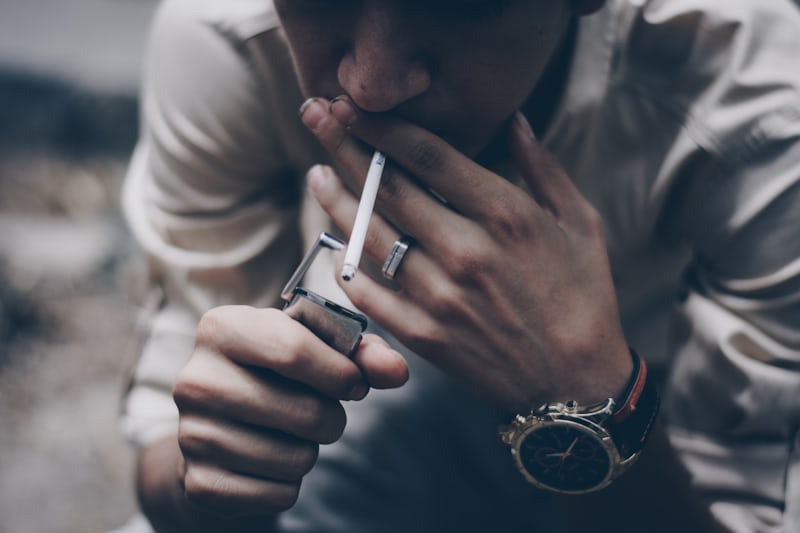
Respiratory complications: Smoking irritates your lungs and airways, potentially increasing your risk of breathing problems during and after sedation. This is especially important since many endoscopies use sedative medications that can already slow your breathing.
Increased sedation risks: Smokers often require higher doses of sedative medications, which can lead to more side effects or complications. Your body may also process sedation medications differently if you smoke regularly.
Coughing disruptions: Smoking can trigger coughing episodes during the procedure, making it more difficult for the doctor to safely maneuver the endoscope and clearly visualize the areas being examined.
Slowed recovery: Smoking restricts blood flow and reduces oxygen levels in your blood, which can delay healing and recovery after your procedure.
Impact on test results: In some cases, smoking can alter the appearance of tissues being examined, potentially making it harder for your doctor to accurately identify certain conditions.
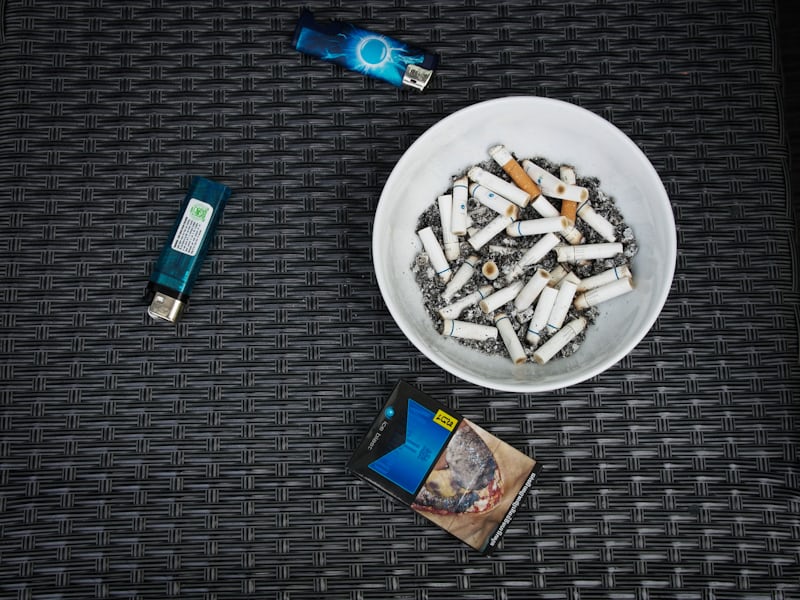
Most medical facilities will include smoking restrictions as part of their pre-procedure instructions, typically asking patients to avoid smoking for at least 12-24 hours before an endoscopy. These guidelines aren’t arbitrary restrictions—they’re based on clinical evidence about how smoking affects your body’s response to medical procedures.
Following these recommendations helps ensure that your endoscopy can be performed safely and that your doctor can obtain the most accurate diagnostic information possible.
Potential Risks of Smoking Before Your Endoscopy
Smoking shortly before an endoscopy can create specific risks that may affect your procedure and overall health outcomes. Understanding these risks can help you make informed decisions about following your doctor’s pre-procedure instructions.
Increased anesthesia complications: Smokers typically need higher doses of sedatives and may experience more side effects. The chemicals in tobacco can interact with anesthesia medications, potentially causing:
- Longer recovery time from sedation
- More nausea or dizziness after the procedure
- Increased risk of respiratory issues during sedation
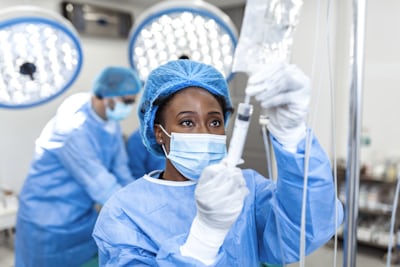
Reduced procedure accuracy: Smoking can cause excessive mucus production and inflammation in your digestive tract. This may make it harder for your doctor to:
- Clearly visualize important areas
- Detect subtle abnormalities or early signs of disease
- Obtain accurate tissue samples if a biopsy is needed
Higher risk of aspiration: Smoking affects how quickly your stomach empties. This delay increases the risk of stomach contents being inhaled into your lungs during the procedure, which can cause serious complications.
Post-procedure coughing: Smokers are more likely to experience coughing after an endoscopy, which can be uncomfortable and, in some cases, may affect healing at biopsy sites.
Cardiovascular stress: Nicotine raises your blood pressure and heart rate. This added cardiovascular stress during a medical procedure can be particularly concerning if you have existing heart or blood pressure conditions.

Studies show that even abstaining from smoking for 12-24 hours before a procedure can significantly reduce these risks. While completely quitting smoking would provide the greatest health benefits, even a short break before your endoscopy can improve your procedure experience and outcomes.
Official Medical Guidelines on Smoking and Endoscopies
Most medical facilities and gastroenterology societies have established clear guidelines regarding smoking before endoscopic procedures. These recommendations are based on clinical research and are designed to maximize both patient safety and procedure effectiveness.
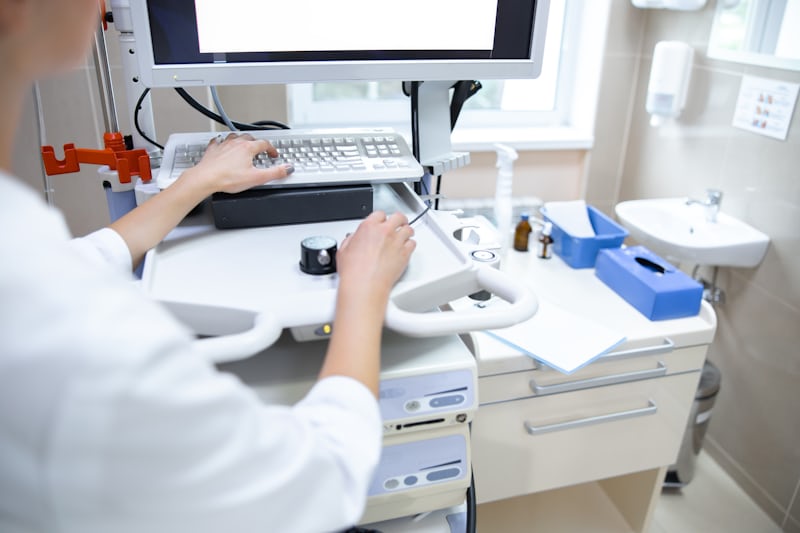
Standard medical recommendations typically include:
- 12-24 hour restriction: Most guidelines recommend avoiding smoking for at least 12-24 hours before your scheduled endoscopy. This timeframe allows for some clearing of nicotine and carbon monoxide from your system.
- Morning appointment advantage: If you’re a regular smoker, scheduling an early morning appointment may be beneficial, as this minimizes the time you’ll need to abstain while awake.
- No smoking after midnight: Many facilities include smoking in their “nothing by mouth after midnight” instructions, treating it similarly to food and drink restrictions.
- Post-procedure guidelines: Patients are usually advised to wait at least 2-3 hours after the procedure before smoking again, particularly if sedation was used.
- Disclosure to medical team: It’s essential to honestly inform your doctor about your smoking habits, including how recently you’ve smoked, as this may affect your care plan.
The American Society of Anesthesiologists and the American Society for Gastrointestinal Endoscopy both emphasize the importance of following pre-procedure smoking restrictions. These aren’t arbitrary rules but evidence-based recommendations to reduce complications.
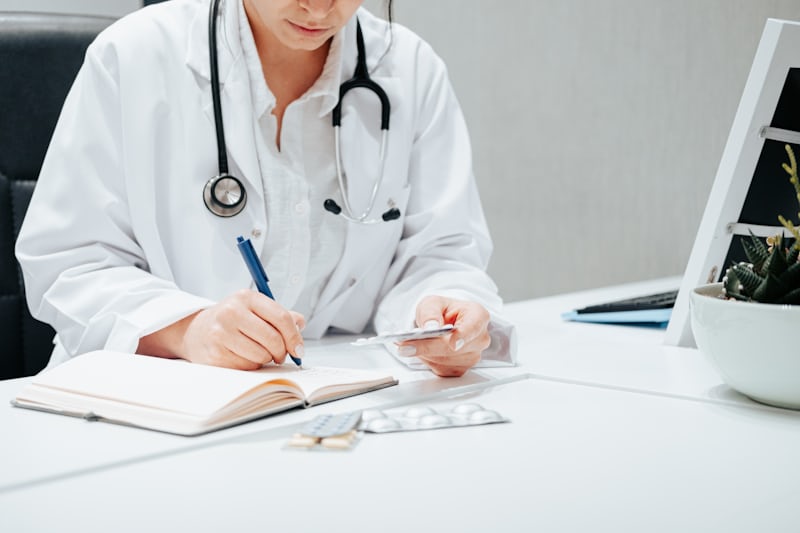
Your doctor may provide more specific instructions based on your individual health status, the type of endoscopy being performed, and the sedation method planned for your procedure. Always follow the particular guidelines provided by your healthcare team, as they may differ slightly from general recommendations.
What to Do If You’re a Regular Smoker Facing an Endoscopy
If you smoke regularly and have an upcoming endoscopy, you might be concerned about managing nicotine cravings while following medical guidelines.
Here are practical steps to help you navigate this situation:
Talk openly with your healthcare provider
- Inform your doctor about your smoking habits during your pre-procedure consultation
- Ask specific questions about how long you need to abstain before your procedure
- Discuss any concerns about nicotine withdrawal symptoms
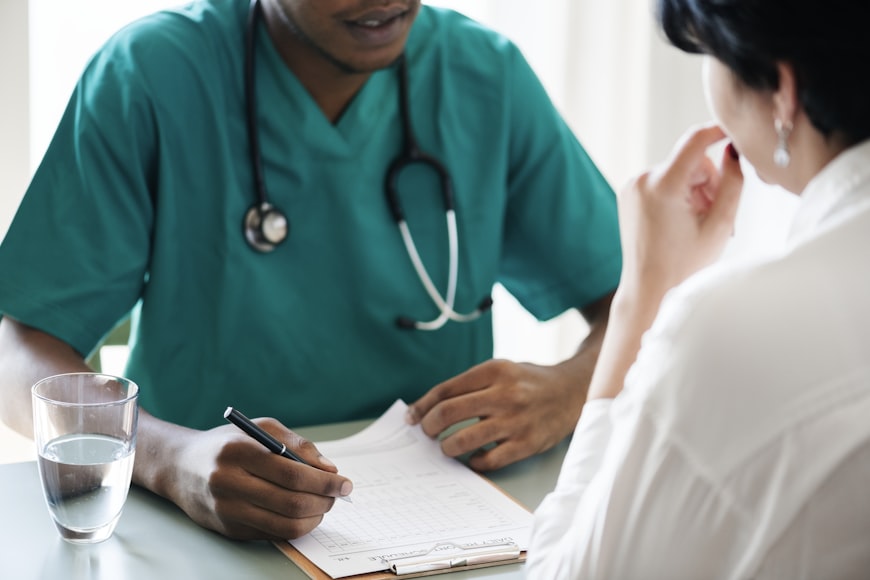
Plan ahead to manage cravings
- Consider using nicotine replacement therapies (NRT) like patches or gum—discuss these options with your doctor first as some may have their own restrictions
- Schedule your procedure early in the morning to minimize waking hours without smoking
- Plan distractions and coping strategies for the hours before your procedure
Temporary abstinence strategies
- Stay hydrated and avoid triggers that make you want to smoke
- Try relaxation techniques like deep breathing or brief walks when cravings hit
- Remember that even short-term abstinence benefits your procedure outcomes
- Consider using this as an opportunity to attempt a longer break from smoking

Post-procedure considerations
- Wait until any sedative effects have completely worn off before smoking again
- Follow your doctor’s specific instructions about when it’s safe to resume smoking
- Consider extending your smoking break to support healing after your procedure
Long-term quitting resources
- Ask your healthcare provider about smoking cessation programs
- Consider contacting the national quitline at 1-800-QUIT-NOW for free support (if you live in the United States)
- Explore whether your insurance covers smoking cessation assistance
Remember that while a complete smoking cessation would provide the greatest health benefits, even temporarily following your doctor’s guidelines about smoking before your endoscopy significantly improves your procedure safety and effectiveness.
